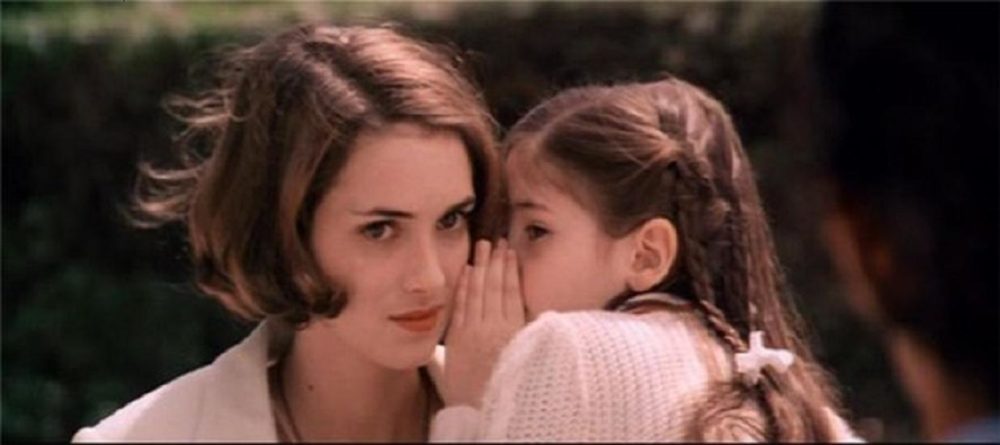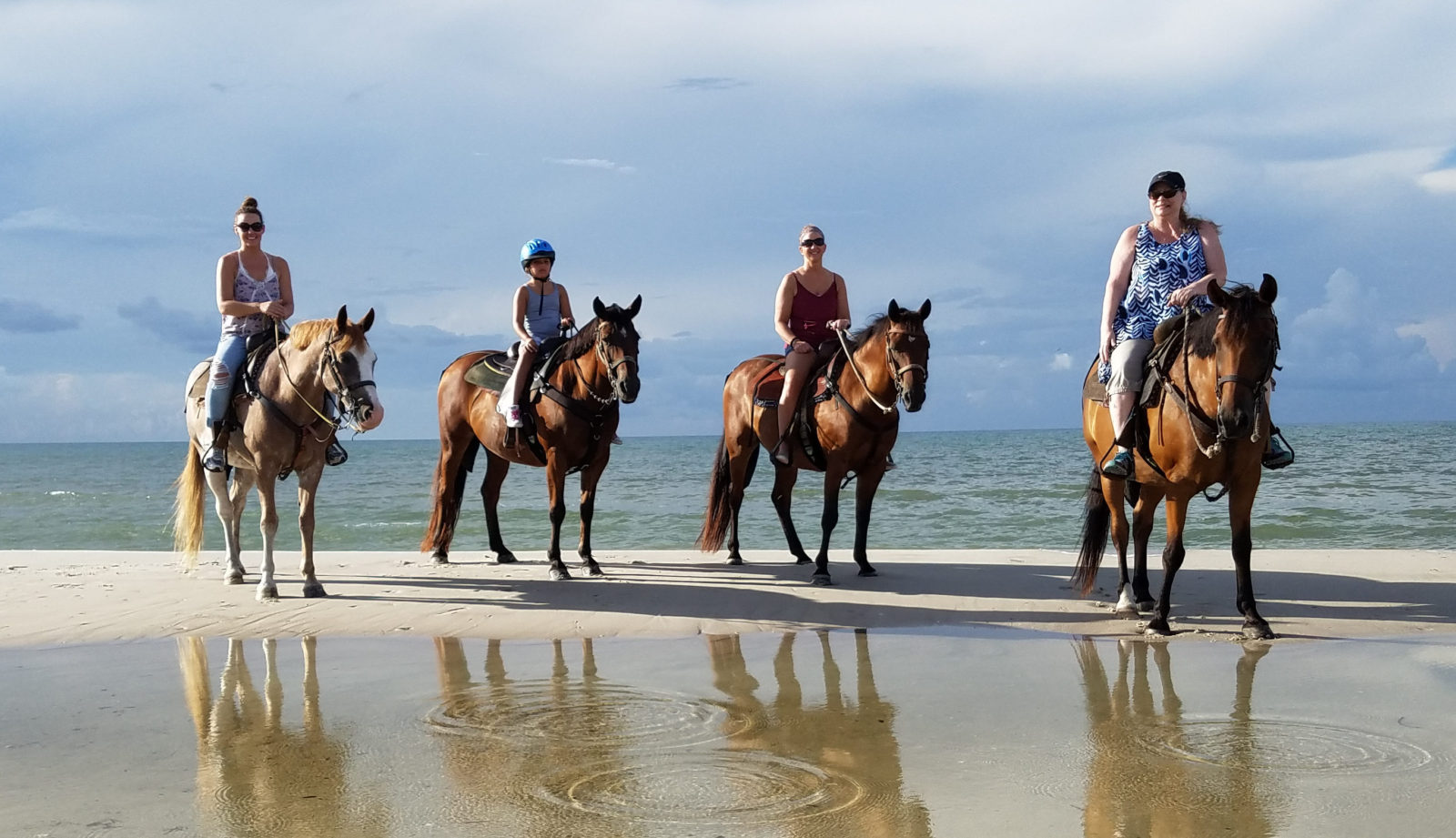Table Of Content

The story is narrated by Blanca Trueba, a young woman from a powerful Chilean family. Clara's gifts are not made integral to the story; the filmmakers see them more as ornamentation. An enviable collection of sterling actors are all woefully miscast in The House of the Spirits, a plodding saga of magical realism that lacks much magic or realism.
School curricula

After their wedding, Esteban's sister Férula comes to live with the newlyweds in the big house on the corner. Férula develops a strong dedication to Clara, which fulfills her need to serve others. However, Esteban's wild desire to possess Clara and to monopolize her love causes him to throw Férula out of the house. She curses him, telling him that he will shrink in body and soul, and die like a dog.
SAVE $5 ON FANDANGO AT HOME ACTION ROYALE 3-FILM COLLECTION
Clara gives birth to a daughter named Blanca and later, to twin boys Jaime and Nicolás. The family, which resides in the capital, stays at the hacienda during the summertime. Upon arriving at Tres Marías for the first time, Blanca immediately befriends a young boy named Pedro Tercero, who is the son of her father's foreman. Blanca and Pedro grow up together as best friends despite them being of two different social and economic classes.

Storyline
Clara speaks to him, through signs, informing him that "those who have always won will win again" – this becomes his motto. Clara then begins to speak to Esteban through signs, although she keeps her promise and never actually speaks to him again. A few years later, Clara dies peacefully and Esteban is overwhelmed with grief.
Production country
The story is told mainly from the perspective of two protagonists (Esteban and Alba) and incorporates elements of magical realism. Esteban offers a monetary reward for anyone who can reveal Pedro's whereabouts to him. Pedro is able to escape from Esteban, who declines to give a reward to his son. Esteban later learns Blanca is pregnant with Pedro's child, and he goes to her house to falsely tell her that he murdered Pedro. Clara makes Esteban leave and reassures Blanca that Pedro is indeed alive, but they won't be reunited for some time because he needs to flee to safety.
Esteban Trueba is the central male character of the novel and is one of the story's main narrators along with his granddaughter Alba. In his youth, he seeks the mermaid-like and green-haired Rosa the Beautiful, daughter of Severo and Nívea del Valle, toiling in the mines to earn a suitable fortune so that he can support her. However, she dies by accidental poisoning while he is working in the mines, a cruel stroke of fate that hardens his heart. Although he eventually marries Clara (Rosa's sister and youngest daughter of the Del Valles) and raises a large family, Esteban's stubborn and violent ways alienate all those around him. Esteban has a tense relationship with his daughter Blanca but shows genuine love and devotion to his granddaughter Alba. Despite his often violent behavior, he is also devoted to his wife Clara, entering into a state of permanent mourning following her death.
Filming
Clara decides to never speak to him again, reclaims her maiden name and moves out of Tres Marías and back to the city, taking Blanca with her. Esteban, furious and lonely, blames Pedro Tercero for the whole matter; putting a price on the boy's head with the corrupt local police. At this point, Pedro Segundo deserts Esteban, telling him he does not want to be around when Trueba inevitably catches his son. Enraged by Pedro Segundo's departure, Trueba begins hunting for Pedro Tercero himself, eventually tracking him down to a small shack near his hacienda. He only succeeds in cutting off three of Pedro's fingers, and is filled with regret for his uncontrollable furies.
Get Fandango Apps
Esteban's son Jaime is killed by power-driven soldiers along with other supporters of the government. Esteban helps Blanca and Pedro Tercero flee to Canada, where the couple finally find their happiness. Alba is a solitary child who enjoys playing make-believe in the basement of the house and painting the walls of her room.
The movie works on a certain level simply because it tells an interesting story. The characters are clearly drawn, the story provides ironic justice, and the locations establish a certain reality. The cluttered city homes of the rich families, where every surface is lined with expensive bric-abrac, speak eloquently for their materialistic values and traditions. One day he returns to the city, and sees his fiance's younger sister Clara (Meryl Streep), now grown to young womanhood.
It is not until later, after great tragedy, that she takes the role of helper/servant instead of dreamy bystander. Esteban, desperate to save the family honor, gets Blanca to marry the French count by telling her that he has killed Pedro Tercero. At first, Blanca gets along with her new husband, but she leaves him when she discovers his participation in sexual fantasies with the servants.
She falls in love with the son of Esteban's foreman - a hotheaded young man named Pedro (Antonio Banderas) who preaches revolution to the workers. Esteban is finally visited by Clara's spirit, who has come to help the old man on to the next world. Blanca sits outside and ponders her life, looking forward to a future with Pedro and their daughter. She reflects on how she does not want to live her life with anger or hatred—instead, she wishes to move forward and be happy. Esteban decides to honor his daughter's wishes and helps to find exile for Pedro in Canada.
Realizing Férula has died, Clara drives into town to find Férula dead in her modest home. In a moment alone with Férula, Clara tells her how much she and Blanca miss her, and how proud she would be of Blanca. Based on Isabel Allende's best-selling novel, The House of the Spirits is a hauntingly romantic epic tale spanning three generations of the Trueba family.
She and her uncle Marcos use her powers to run a fortune-telling centre as she develops other paranormal activities like dream reading. Her uncle eventually leaves in a primitive airplane he built himself, disappearing for many months, assumed dead but later is found to die instead as the result of a 'mysterious African plague' contracted during his travels. Clara practices divining and moving inanimate objects, most notably a three-legged table, and she is surrounded by friends such as the psychic Mora sisters and The Poet. As Clara grows up, she develops her abilities and is even able to communicate with ghosts and spirits. Clara's marriage to Esteban Trubea is something she accepts but she never truly loves him and knows from the beginning that she will never do so. She is uninterested in material things and takes for granted her own high economic standing.
ASU MainStage presents 'The House of the Spirits' ASU News - ASU News Now
ASU MainStage presents 'The House of the Spirits' ASU News.
Posted: Wed, 28 Mar 2012 07:00:00 GMT [source]
She has taken a vow of silence years before, but breaks it to tell him, "You have come to propose marriage to me." He takes his bride back to his ranch, where in the fullness of time they have a daughter (Ryder). Twenty years later, Esteban’s sister Férula informs him that their ailing mother has died. At his mother’s funeral, Esteban sees a grown Clara and reacquaints himself with her.
Though she maintains some distance from him, she does allow him to meet their seven-year-old granddaughter Alba and to be a part of her and Blanca’s lives again. He employs natives to work as peasants on the dilapidated land, eventually turning Tres Marías into a successful estate through his use of brute force. One day while horseback riding through the countryside, he sees a peasant girl, Pancha García.

No comments:
Post a Comment